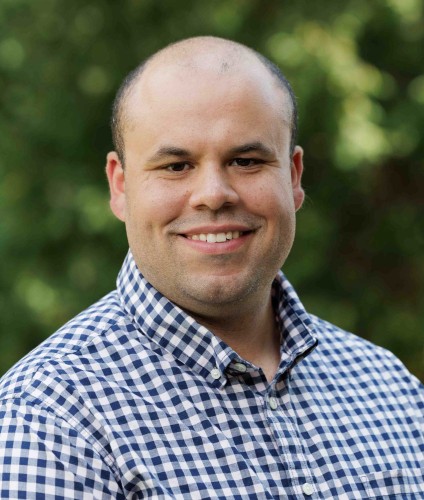
Nathanael Hunter joined the Department of Chemistry at Kenyon College in 2025. His research is focused on the synthesis of new redox-active main group element compounds. He is especially interested in the potential applications of these new molecules as catalysts in industrially and pharmaceutically relevant chemical synthesis, as well as their applications as sensors for toxic materials. His work aims to develop more cost-effective methods for well-known chemical processes.
Prior to Kenyon, Hunter was an NSF MPS-ASCEND post-doctoral fellow at Texas A&M University, where he studied antimony- and bismuth-based Lewis acids as non-toxic ion transport promoters in biological systems, and as potent reagents in synthetic chemistry.
Areas of Expertise
Catalysis, Main group chemistry, organometallic chemistry
Education
2022 — Doctor of Philosophy from Ohio State University
2017 — Bachelor of Science from John Carroll University